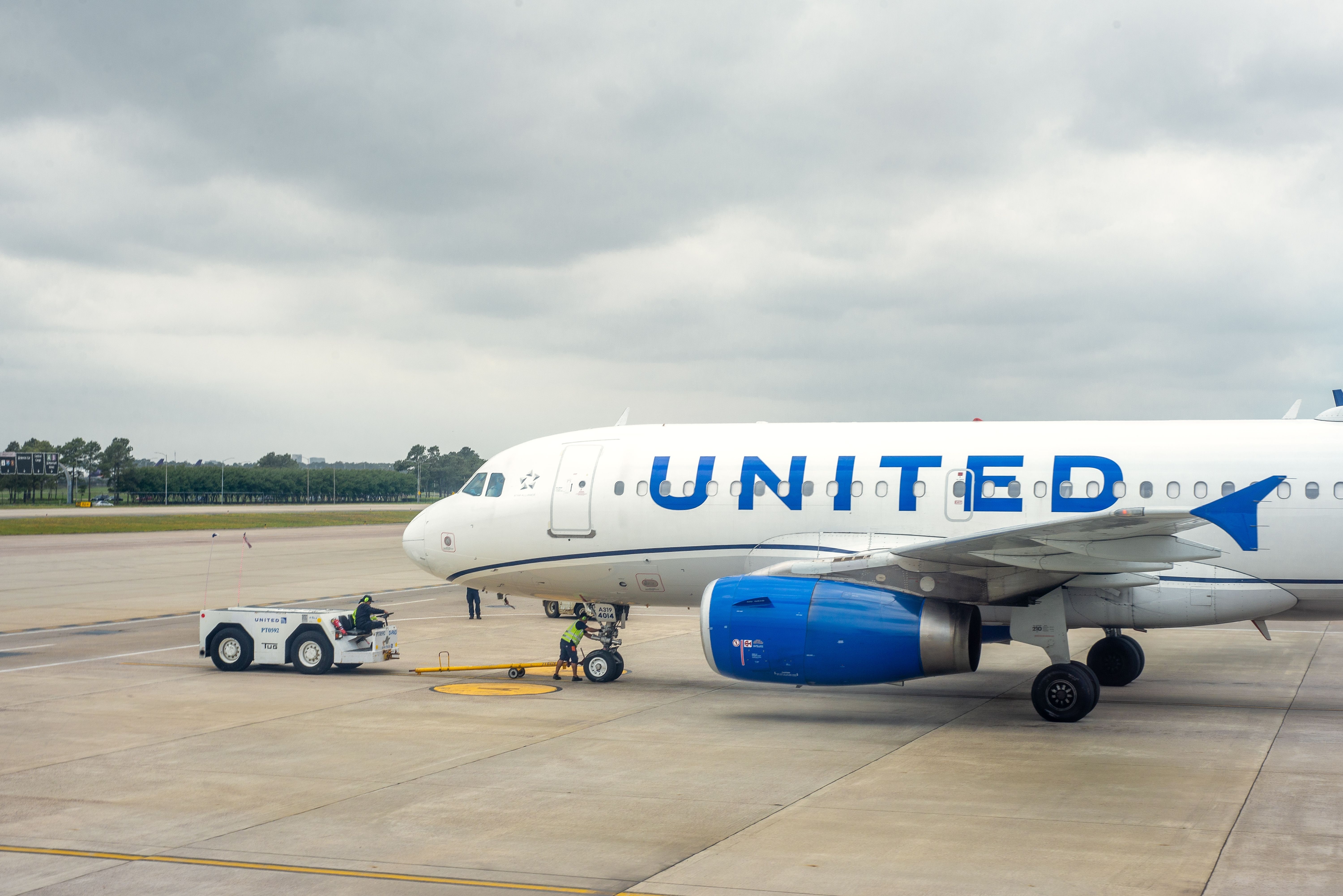
United Airlines has announced a major expansion of its facilities in Houston, Texas, including breaking ground on a new ground service equipment (GSE) maintenance facility that should open in 2027. New GSE facilities According to United Airlines, the new $177-million, 140,000-square-foot (13,006-meter) GSE maintenance facility at Houston George Bush Intercontinental Airport (IAH) should open in 2027, supporting the airline’s fleet of more than 1,800 ground service vehicles. The facility will also provide more resources to United Airlines' GSE maintenance team, comprised of more than 130 employees, to perform critical tasks like changing batteries, fabricating metal, and monitoring electronic controls with better infrastructure.
“The GSE maintenance facility design is targeted to meet LEED [Leadership in Energy and Environmental Design – ed. note] Silver certification and will be twice the size of the current facility, which was built 40 years ago when IAH had only 37% of its current gates.” United Airlines said that the new facility will be part of its continued efforts to lay a foundation for future growth at Houston-Intercontinental, which is now comprised of over 1,100 pieces of electric GSEs (eGSE).

This fleet reinforces the carrier’s commitment and investment to lead and electrify operations at the airport, which is home to United Airlines’ largest fleet of eGSEs, requiring less maintenance and reducing air pollution. The key features of the new facilities will be: A 25% increase in repair space A 60% increase in shop space An 80% increase in storage capacity A 50% increase in shared spaces Houston is home to the second United Club Fly location. Supporting the local workforce United Airlines pointed out that the investment in the GSE maintenance facility will foster job creation as the airline continues to grow its operations at Houston-Intercontinental, where it is already the largest airline.
“In Houston, the airline hired more than 2,100 people locally in 2023 and added over 600 new team members in 2024. This expansion is also expected to create an additional 4,000 construction jobs.” Citing a study by Compass Lexecon, the airline said that its direct employment contributes to more than $1.
2 billion in economic activity annually, with the airline having invested more than $3.5 billion at Houston-Intercontinental since 2015. Check-in, TSA security, and baggage claim for Terminal B flights will be redirected to Terminal C, but the gates will continue to operate.
Training center In addition to breaking ground on the GSE maintenance facility, the carrier’s same announcement highlighted that it opened a state-of-the-art Tech Ops Training Center (TTC) at Houston-Intercontinental. “The TTC provides a comprehensive, hands-on learning environment and is an investment to ensure that United's technicians are well-equipped with the knowledge and expertise needed to maintain the airline's growing fleet with precision and efficiency.” United Airlines highlighted sheet metal and composite training shops, desktop simulators where technicians can learn about troubleshooting the Boeing 737 and 787, and scenario-based engine maintenance training.
The TTC’s benefit is that United Airlines can train its technicians on simulators and specific aircraft components in a shop environment, providing benefits compared to a class-only teaching course. The company noted that hands-on instruction in these skills increases knowledge retention and provides an enhanced learning experience while keeping an aircraft in service. Phil Griffith, the Vice President of Airport Operations at United Airlines, said that the airline believes that investing in people and facilities is the key to maintaining its leadership in the industry.
“With these new facilities, [the GSE] Maintenance Facility and the [TTC], we are enhancing our ability to maintain a world-class fleet while empowering our employees with cutting-edge tools and training.” Griffith concluded that the investment in the facilities reflected the airline’s long-term vision that has Houston-Intercontinental as a critical hub for United Airlines’ operations and commitment to sustainability, efficiency, and growth. The title of United Airlines' largest hub in terms of flights will change throughout 2024.
.














